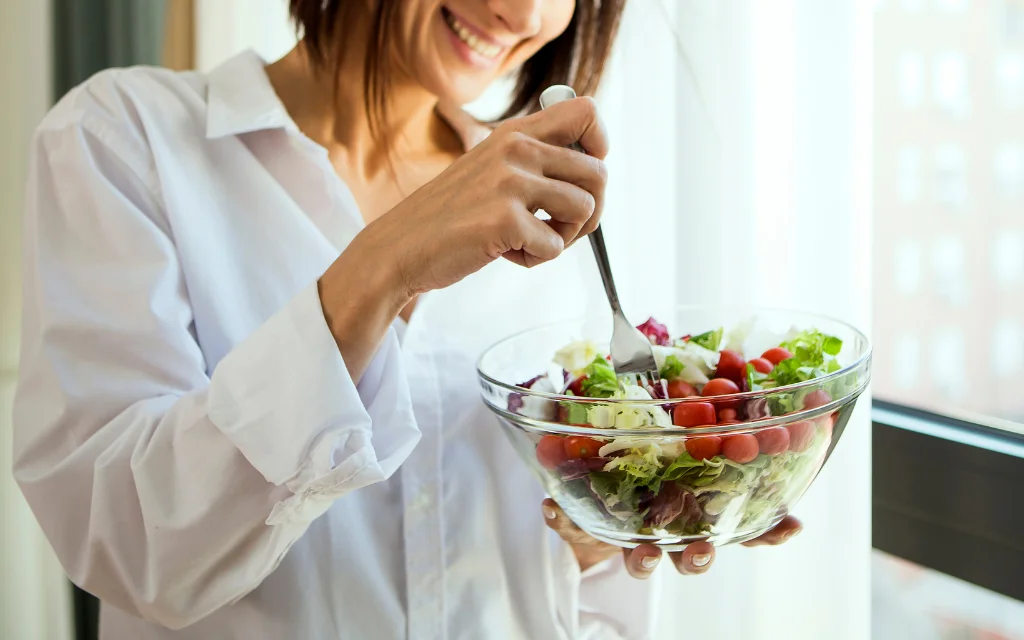Healthy eating used to be my obsession—I mean, OB-SESSSSSS. I thought about food almost all the time I was awake. What am I supposed to eat today? Does that contain too much sugar? When we go out next week, what will I eat? Do I have to say that I have a gluten allergy?
I was suffering from orthorexia, which is an obsessive obsession with eating healthily, even though I was unaware of it at the time. Yes, I completely agree that eating a healthy diet is beneficial—very few people would argue otherwise—but when you are constantly thinking about food, something is clearly wrong.
It all began quite casually. At around a year old, my youngest kid was ready to “get back in shape” and regain my pre-pregnancy weight. But I was searching for something else because I did not agree with the notion of fad diets.
I took in all of that “something else,” which turned out to be wellness culture. For optimal health, I followed a number of influencers who advocated for a particular diet, which frequently included organic, dairy-free, gluten-free, and sugar-free foods. I was completely duped by the influencers’ extensive use of pseudoscience to bolster their claims.
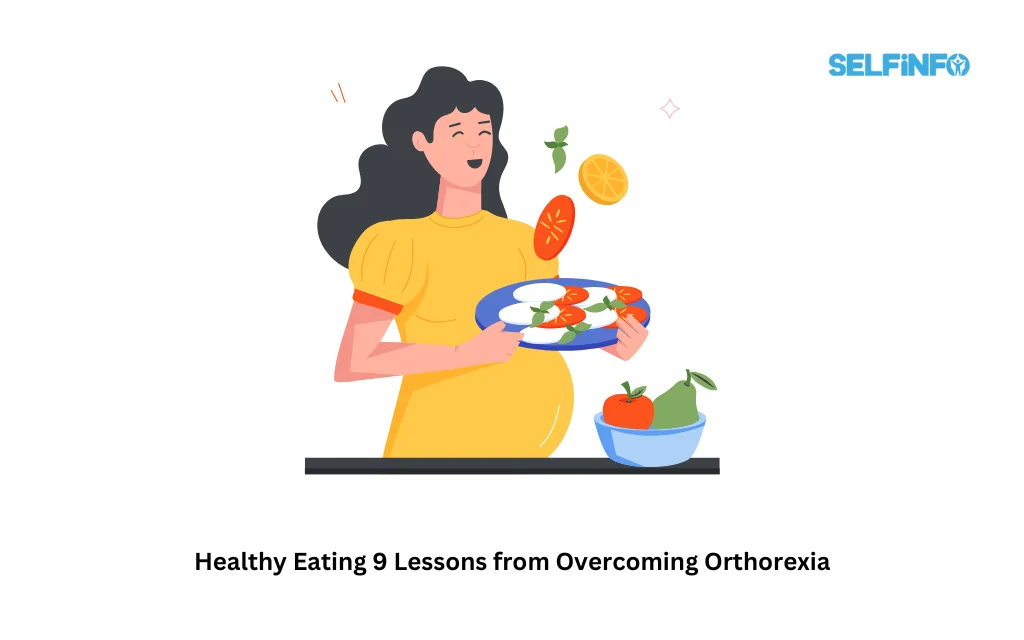
My mind was racing with the concept of eating a certain way for optimal health, so I made the decision to stick to a thirty-day kick-starter healthy eating plan. The main goal was to prioritize health over weight loss. Simple enough, is not it?
No macros, calorie tracking, or food weighing was done. Not a point. All that was required was a protein drink for breakfast and good, nutrient-dense meals. What could go wrong with that?
It was most likely the lengthy list of “not permitted” foods (including sugar, dairy, gluten, and soy) that you had to avoid for thirty days; it was practically an elimination diet. The plan is to help you discover your food intolerances by reintroducing the meals after thirty days. See? For the sake of your health! Or so I believed.
Additionally, I began to receive a lot of encouraging feedback as my “clean eating” regimen got begun.
You have such self-control! What makes your diet so nutritious? Whoa, you look great.
It was seductive.
This was the start of my unhealthy eating fixation and my downhill slope.
After three years, my life looked like this: I was trying to be vegan for health reasons and claimed to have a gluten and dairy sensitivity. Unfortunately, with this type of restrictive diet, there is not much food left to eat.
Every few months, in addition to the dairy and gluten I was no longer eating, I would go on an elimination diet (again) and eliminate all sugar, alcohol, caffeine, and soy.
All for the sake of “wellness.” aside from the fact that it was unhealthy.
In addition to missing out on social gatherings and avoiding hanging out with friends, I was also experiencing mental health issues and forming a highly disordered connection with food.
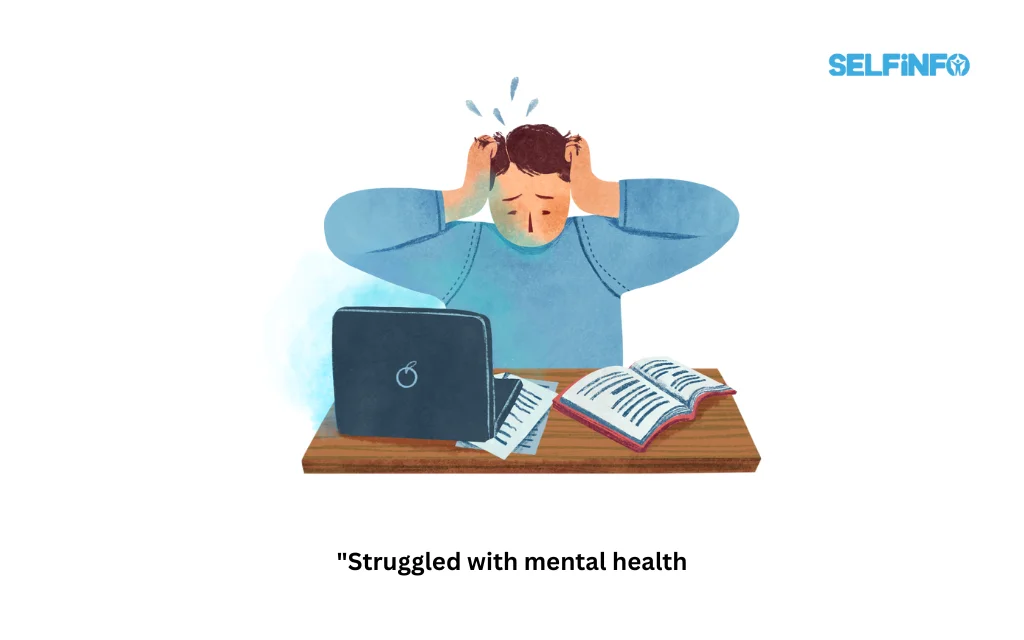
Although the Diagnostic and Statistical Manual of Mental Disorders does not classify orthorexia as an eating problem, some medical professionals feel that it ought to be. In addition, my connection with food was beginning to evoke memories of my eating disorder in my twenties.
I had a number of epiphanies that helped me realize that my obsessive eating habits were hurting me more than they were helping me, and that my behavior was completely unhealthy.
When I went to someone is house for dinner and sent a lengthy list of foods I could not eat, I began to feel ashamed.
I would binge on five sweet potato brownies because they were purportedly “healthy” at that point, which is when I first noticed my bingeing pattern. I might have only eaten one chocolate brownie if I had only had one available.
I had to come up with a lot of reasons why I could not go out on the weekends because I was following my elimination diet so regularly.
I eventually came to the conclusion that my previous eating disorder had developed into orthorexia.
Fortunately, I had the means to heal quickly, and my relationship with food has completely changed. I can now plainly see how incredibly chaotic my thoughts, emotions, and actions were.
Here are nine things I have learned from my experience with orthorexia in light of that. I hope you will get help before too much harm is done if you have any doubts about some of your own eating habits.
#1 There is no need to restrict food groups from your diet.
It is not necessary to exclude certain food groups from your diet unless you have a medical cause to do so, such as celiac disease. No, you do not have to avoid carbohydrates; in fact, studies indicate that a low-carb diet may be detrimental to your health over time.
#2 A flexible approach to eating is best.
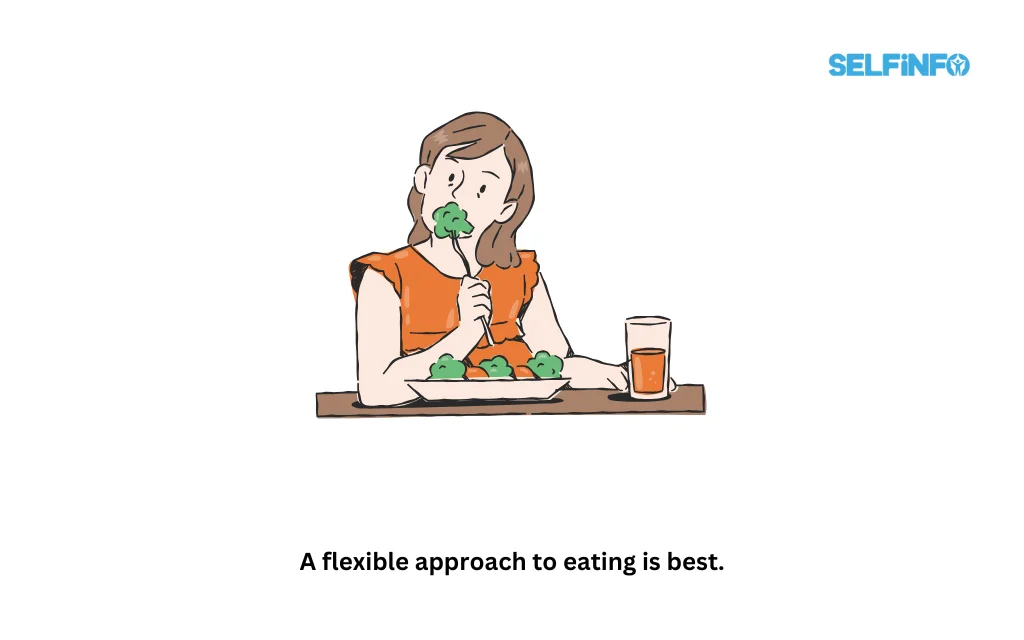
You simply do not require extremely strict dietary guidelines. I attempted to always eat precisely, and my dietary standards were too strict. For me, it was ideal because it was dairy-free, gluten-free, organic, and completely free of processed sugar. In addition, since fruit contains sugar, I stopped eating it. I would therefore only eat berries for a while. Tropical fruits, red apples, bananas, and grapes were completely off the table.
Flexibility is essential because strict restrictions make all the enjoyable activities in life—like visiting to a friend’s house, dining out, and celebrating holidays—stressful.
#3 If you get overly upset when food rules are broken, something’s wrong.
I felt obligated to follow my dietary guidelines, and breaking them would make me feel sad, distressed, and angry. As if I had failed. I recall crying once while on vacation at a French supermarket because I was unable to purchase the gluten-free and organic food I desired. Is not that sort of missing the purpose of a holiday?
#4 Food is NOT just fuel.
Is the saying “food is fuel” familiar to you? It is widely used in the fitness and wellness industries. Food is more than just fuel, though. There is so much more to it, and this way of thinking restricts our ability to fully appreciate food.
Food can be a source of solace and a moment to spend with loved ones. It is not only good for our bodies but also for our souls; it might be culturally relevant or sentimental. A single meal might transport you back to your early years, while a cup of tea and a biscuit can bring back memories of your grandmother.
#5 All foods can fit in a balanced diet.
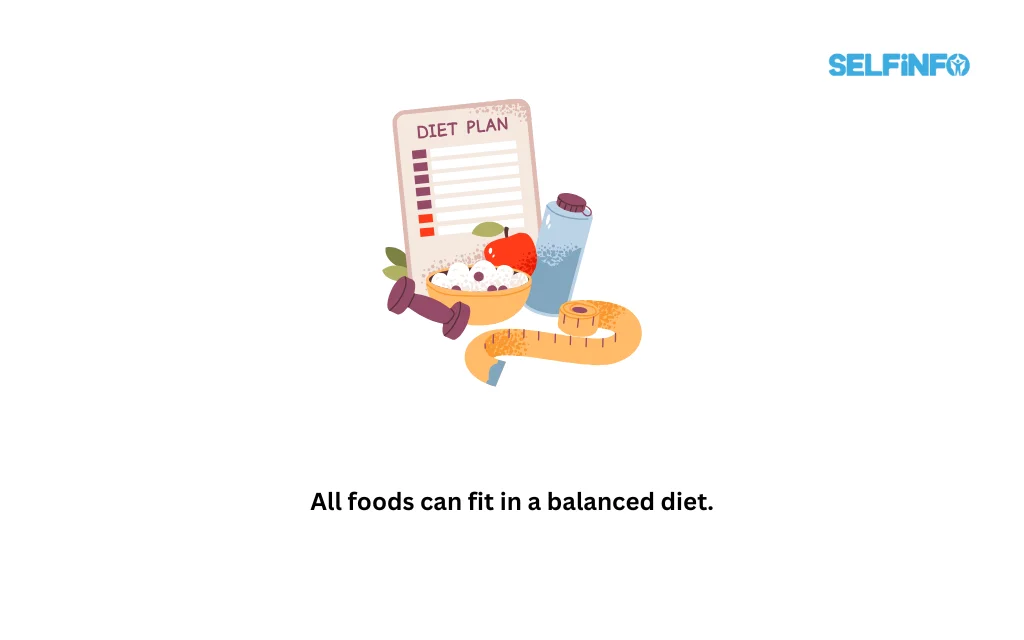
Yes, including croissants, chocolate, and sweets. Eliminating “bad” meals for the rest of your life is completely untenable. Additionally, I have discovered that if you tell yourself you will never be able to eat these “bad” things again, you are more likely to crave them. You can keep the ice cream in the house without going on a binge after everything else is in balance. This is a complete epiphany.
#6 It’s worse for your health to stress about sugar in food than to actually eat a damn cookie.
I used to worry about eating sugar all the time. I used to check all product labels when I went grocery shopping, figure out how many grams of sugar were in items like raisins, and only eat green apples instead of red ones since they seemed to have too much sugar. Yes, I was one of those mothers who made cakes for the children’s birthdays that were free of gluten, dairy, and sugar. Yuk! Poor children.
I have discovered that obsessing about food causes far more stress than actually eating it. Thus, unwind and savor that cookie.
#7 “Health” is more than just the food we eat.
There is much more to health than just what we consume. It is related to your income level since it involves your genetics, availability to wholesome food, and quality healthcare.
Furthermore, there is a difference between what you and I define as “healthy.” Perhaps my “health” consists of increasing my flexibility to keep my body feeling supple or being able to sprint around after my kids without being out of breath.
Your health may involve getting seven to eight hours of sleep every night or increasing your strength and endurance to run a marathon.
#8 Social events shouldn’t be awkward.
On the contrary. Social gatherings have to be pleasurable and stress-free. Not tense and tense. I had a lot of uncomfortable conversations with hosts about foods I could not eat.
During my cleansing, I would steer clear of activities or rearrange things to coincide with certain months. And if I did go out, I would constantly stress over what I would eat, perhaps phoning the restaurant in advance to check what they had on the menu to satisfy my strict dietary restrictions. Alternatively, I would make a claim for allergies in order to determine what was dairy-free and gluten-free. #awkward
Lastly, if you are a parent…
#9 Your kids are watching you.
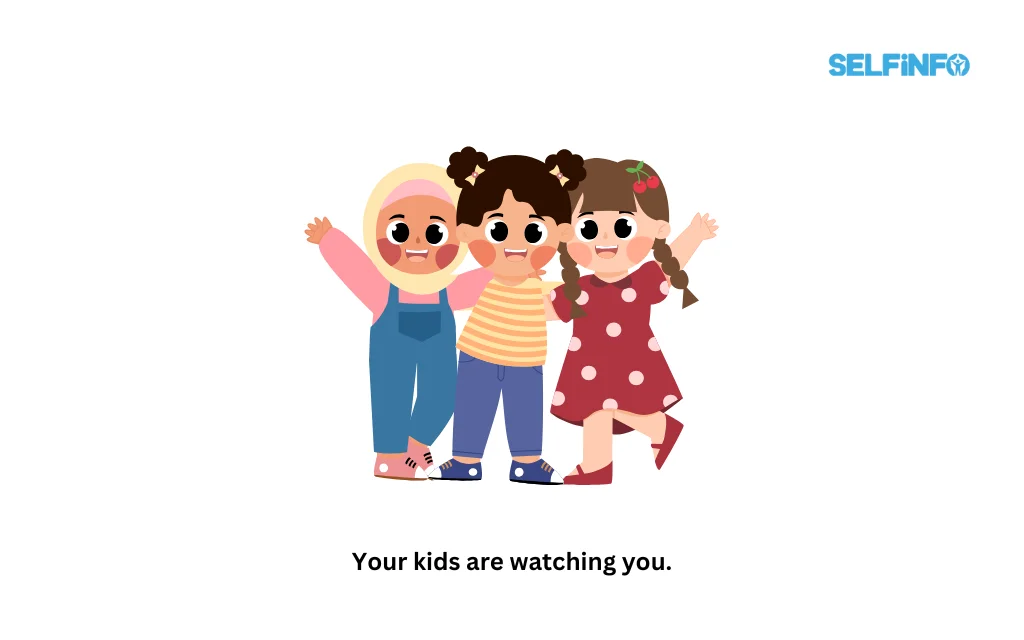
Your children are observing you even if you do not say anything to them. They observe your actions, the way you discuss food, and the way you read those labels. They notice when you cook something special for yourself or miss the enjoyable meals. They can tell when you are depressed about your appearance.
They are observing. Everything.
If I am being completely honest, this was the main reason I decided to mend my relationship with food. Passing on my disordered eating to my children was the last thing I wanted to do.
The finest thing that ever occurred to me was discovering food freedom. I no longer lose my mind when dining out or traveling. There is no longer any stress associated with eating. I adore food because it fosters relationships, conversations, family, and friendships. I am hoping you can, too.
